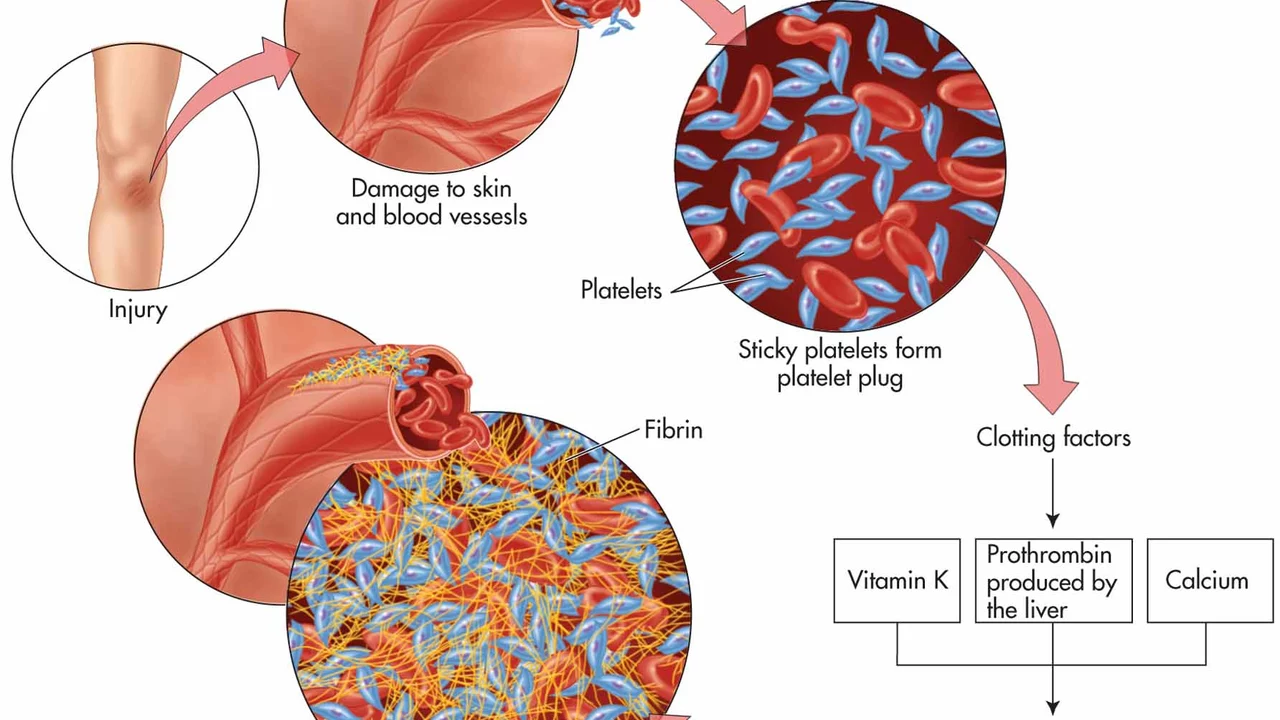Psychological impact: how meds and illnesses change mood and thinking
Surprising fact: a medicine you take for one symptom can change how you feel, think, or sleep. That can be confusing—especially when you expect pills to help only physical problems. This page explains what to watch for, which drugs and conditions often cause changes, and what you can do about it.
Who notices these changes most? People starting or switching antidepressants, antiepileptics, steroids, some blood-pressure drugs, and certain antibiotics. Also, health events like stroke or progressive conditions such as Alzheimer-type dementia can directly change mood, memory, and behavior. Recognizing the link between a pill or a diagnosis and a new mood symptom is the first step to fixing it.
Common psychological effects and where they come from
Mood shifts: anxiety, irritability, or low mood can appear after starting or stopping drugs like SSRIs, SNRIs, or older antidepressants. Energy and motivation: stimulatory meds or drugs that change metabolism can raise or lower your drive. Sleep and thinking: steroids and some blood-pressure meds can cause insomnia or brain fog. Seizure meds such as oxcarbazepine may alter mood for some people. And when the brain itself is injured by stroke or affected by dementia, mood and personality changes are often part of the condition, not just a side effect of drugs.
Timing matters. If a new feeling starts soon after a med change, suspect the medicine. If mood shifts come with a new diagnosis or after an event like a stroke, the illness may be driving the change. Either way, tracking what changed and when makes conversations with your clinician much more productive.
Practical steps you can take
1) Track and time it: write down symptoms, when they started, and any recent medication or dose changes. 2) Talk openly with your prescriber: say exactly what you feel—anger, numbness, sleep trouble, or racing thoughts. 3) Ask about alternatives: sometimes a different drug or dose reduces side effects. For example, if an SSRI causes problems, some people switch to bupropion (Wellbutrin) or try other classes—your doctor can advise. 4) Don’t stop suddenly: many psychiatric meds need tapering to avoid withdrawal mood symptoms. 5) Add non-drug supports: therapy, regular exercise, sleep hygiene, and steady meals help mood and cognitive clarity.
If the change feels sudden or dangerous—worsening depression, suicidal thoughts, severe agitation—seek urgent help or emergency care. For slower changes linked to conditions like dementia or after a stroke, cognitive rehab, mood-focused therapy, and medication reviews can help a lot.
Finally, you don’t have to accept mood problems as unavoidable. A careful review of your medicines, a clear record of symptoms, and teamwork with your clinician often find a fix—whether that’s a drug swap, dose tweak, or extra supports. If you want specific guides, look for our posts on antidepressant choices, alternatives, and how certain illnesses affect the brain for practical next steps.
The psychological impact of blood clots in stents: coping strategies and support
Dealing with blood clots in stents can take a toll on a person's mental health, leading to stress, anxiety, and even depression. The fear of complications, recurring health issues or undergoing surgery can be overwhelming. However, coping strategies like mindfulness, routine exercise, and maintaining a healthy diet can greatly help manage these concerns. Support from therapists, support groups, or loved ones is crucial in overcoming these psychological hurdles. It's important to remember that it's okay to seek help and take care of your mental health, as it plays a vital role in your overall well-being.
About
Health and Wellness
Latest Posts


Alternate-Day Statin Dosing: Can It Lower LDL Without Side Effects?
By Marcel Kornblum Jan 20, 2026

Alzheimer's Disease and Stroke: The Hidden Link You Should Know
By Marcel Kornblum May 5, 2025

IBD and Pregnancy: Safe Medications and Fetal Risks Explained
By Marcel Kornblum Dec 7, 2025

